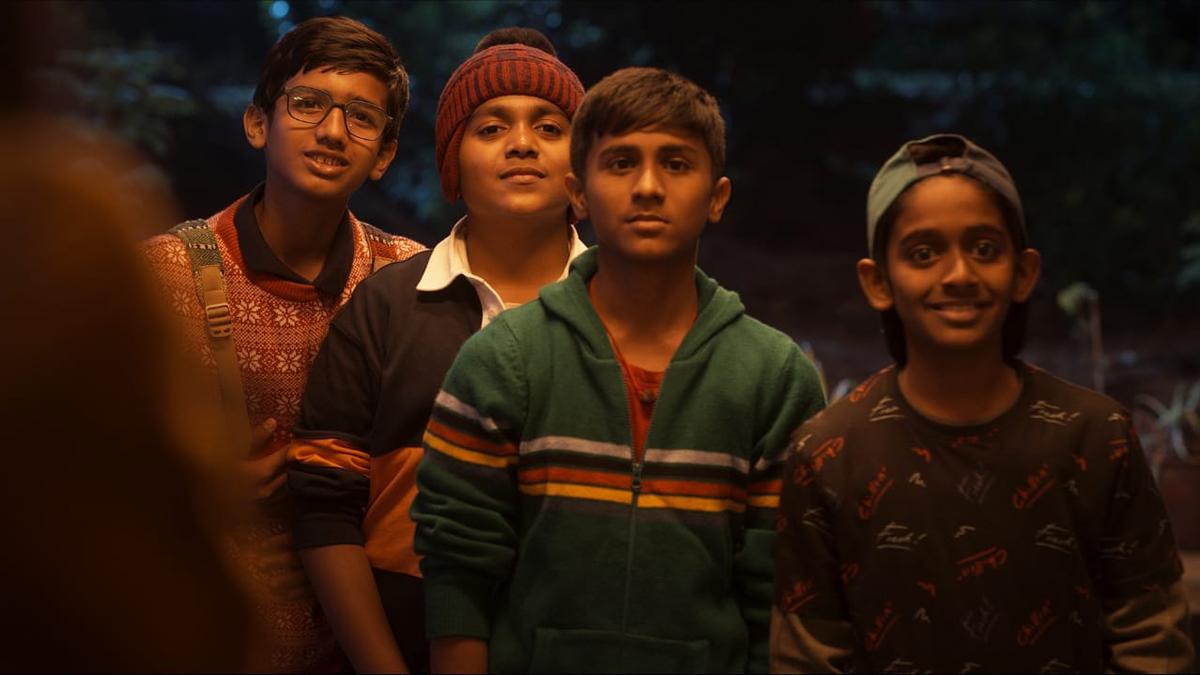
Over the past three decades, the landscape of Bollywood has undergone a significant transformation, with perceptions of what constitutes “exposing” on screen undergoing drastic changes. This evolution reflects profound shifts within the film industry, influenced heavily by global cultural dynamics and the assimilation of diverse cultural norms.
The resurfacing of an old video interview featuring Bollywood actresses Divya Bharti, Raveena Tandon, and Ayesha Jhulka provides a fascinating glimpse into the past attitudes towards skin exposure in films. The clip dates back to the late 1980s and early 1990s, a period when the idea of showcasing skin was a matter of personal choice and professional integrity for actresses.
Divya Bharti, a beloved actress known for hits like ‘Deewana’ and ‘Vishwatma’, expressed her clear stance in the video regarding the requirement of exposing herself for a role. She adamantly stated, “I did my first film under the biggest banner, ‘Vishwatma’, and I didn’t have to expose myself. The role was fulfilling in itself, and I foresaw no necessity for exposure in my future assignments.” Her position highlighted a time when the artistic value of a role was judged by its substance rather than what an actress showed on screen.
Similarly, Raveena Tandon, who later became a household name in Bollywood, was resolute in her interview, indicating, “No, maybe I won’t do the compromise.” Her comment represents a collective mentality prevalent among artistes of that time, prioritizing artistic integrity over the pressures of conforming to industry expectations of glamor and exposure.
Ayesha Jhulka shared a parallel sentiment, articulating, “As far as exposing is concerned, I won’t do that. Because I don’t think that by exposing, any role can be made better.” She emphasized that the essence and quality of a role should stand independently of any need for revealing attire, a thought that resonated deeply within the industry’s discourse of that era.
.
As the years passed, however, Bollywood began witnessing a paradigm shift. The seismic changes were not only influenced by internal industry dynamics but also by global cultural exchanges. As western corporate culture and ethics started penetrating Bollywood, they brought about a metamorphosis in what audiences and filmmakers perceive acceptable on screen.
The concept of “exposing” began to expand its boundaries, gradually encompassing nudity as Bollywood ventured into more open and explicit territory, especially with growing platforms like streaming services. Projects like Netflix’s ‘Sacred Games’, which debuted in 2018, amplified this change with its depiction of frontal nudity, drawing significant attention and sparking conversations about the evolving nature of Hindi cinema’s content.
While this shift highlights a long journey from aesthetically conscious expression to a more authentic and unrestricted form of storytelling, it also showcases the contrasting pressures modern-day actors face. Some have embraced shedding clothes as a measure to infuse realism into their characters, challenging age-old perceptions of Indian onscreen modesty and aligning Bollywood’s thematic approach with international standards.
Despite these changes, the journey hasn’t been without its challenges. The debate between tradition and modernism remains alive, with differing opinions on whether this progression signifies positive evolution or a departure from cultural roots. As Bollywood continues to evolve, the industry finds itself at a crossroads between honorably preserving its heritage and embracing a new identity in a globalized world.
This story was compiled based on a third-party syndicated feed. The management of the source website reserves the sole discretions to modify or remove content as deemed necessary. In an ever-changing industry, the introspections reflected in past and current attitudes towards exposure in film cast a light on the broader narrative of Bollywood’s ongoing transformation.










